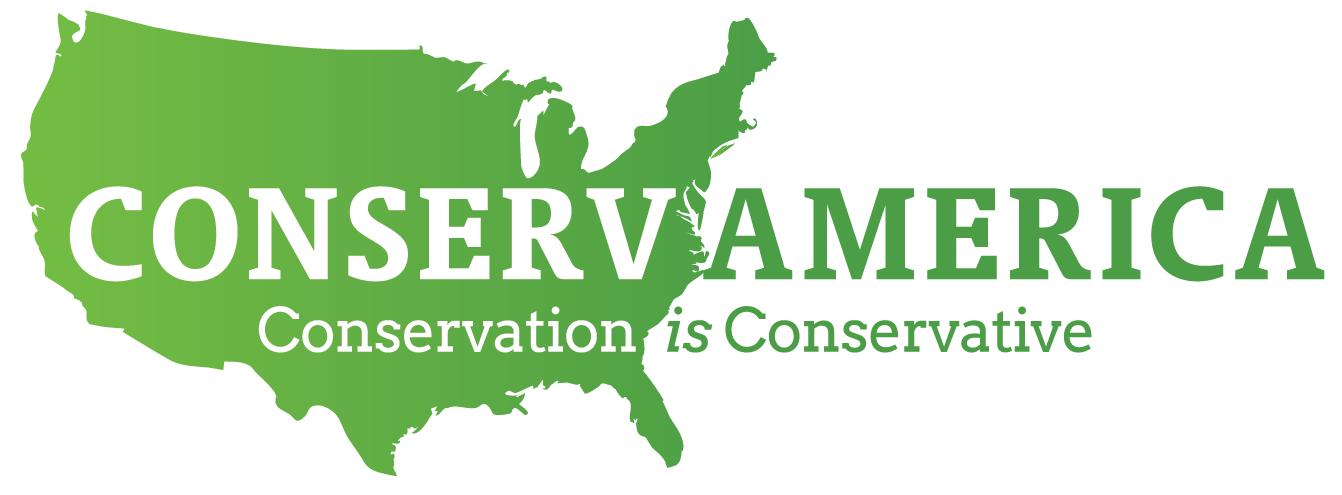House Subcommittee Hears from Experts on Plastic Waste Management
The House Subcommittee on Environment and Climate Change held a hearing on March 4 entitled "Reduce, Reuse, Recycle, Reform: Addressing America's Plastic Waste Crisis” to discuss the environmental impact of plastic waste and recycling issues in the U.S.
The basis for the hearing is oversight into the Environmental Protection Agency’s responsibilities under the Resource Conservation and Recovery Act of 1976, which was enacted to reduce waste and protect the public from waste disposal hazards. That landmark law included provisions defining solid and hazardous waste; authorizing EPA to set standards for facilities that generate or manage hazardous waste; establishing a permit program for hazardous waste treatment, storage, and disposal facilities; and authorizing EPA to set criteria for disposal facilities that accept municipal solid waste.
Unfortunately, our plastic use in the intervening decades since has wholly changed, particularly with the rise of single-use plastics such as water bottles, grocery bags, and other retail packaging.
According to the United Nations, we produce over 300 million tons of plastic waste each year. About 60 percent of it ends up either in a landfill or the natural environment where it pollutes our rivers and oceans, not just diminishing their natural beauty but harming entire ecosystems and killing wildlife.
Then there is the impact on the climate. Plastic production, refining, and waste management inevitably contribute to greenhouse gas emissions at every stage. A report by the Center for International Environmental Law claims plastic will account for up to 13 percent of the total “carbon budget” by 2050.
New challenges in the management of plastic waste have emerged in the last few years. In 2016, China processed two-thirds of the world’s global plastic waste. But implementing restrictions started in 2017, and the following year it banned most waste imports and set new contamination limits on the materials it would accept.
As a result, recycling costs have escalated, and many municipalities in the U.S. have scaled back or canceled their recycling programs.
During the EPA hearing, lawmakers heard from several expert witnesses, including Jenna Jambeck, Ph.D., Professor in the College of Engineering at the University of Georgia, Enrique C. Zaldivar, P.E, the General Manager of the Los Angeles Sanitation and Environment Bureau, Lynn Hoffman, the Co-President of Eureka Recycling, Denise Patel, the U.S. Program Director of Global Alliance for Incinerator Alternatives, Keith Christman, the Managing Director of Plastic Markets at the American Chemistry Council, and William H. Johnson, the Chief Lobbyist of Institute of Scrap Recycling Industries, Inc.
The hearing yielded several potential public policy solutions suggested, including:
Extended producer responsibility (EPR), which shifts the cost of managing post-consumer waste away from municipalities and onto producers;
Container deposit programs, in which a small fee for packaging is levied at the point of purchase and refunded to the consumer upon return of the original material;
Post-consumer recycled (PCR) content requirements, which require a minimum amount of recycled material in specified products;
Fees or taxes on single-use items or certain materials;
Bans or restrictions on single-use items or certain materials;
Infrastructure investments to improve waste sorting and processing; and
Improved labeling and education to clarify recycling rules.
For more details, read the complete memorandum submitted from the hearing here or watch a recording of the hearing here.
Plastic waste is an important issue, and protecting our natural environments is always a moral concern. We must preserve our resources for generations to come, as our forefathers entrusted us with the natural world. ConservAmerica supports the Save Our Oceans 2.0 Act and will continue watching policymaking around this issue and advocating for more sustainable practices for plastic waste management.
